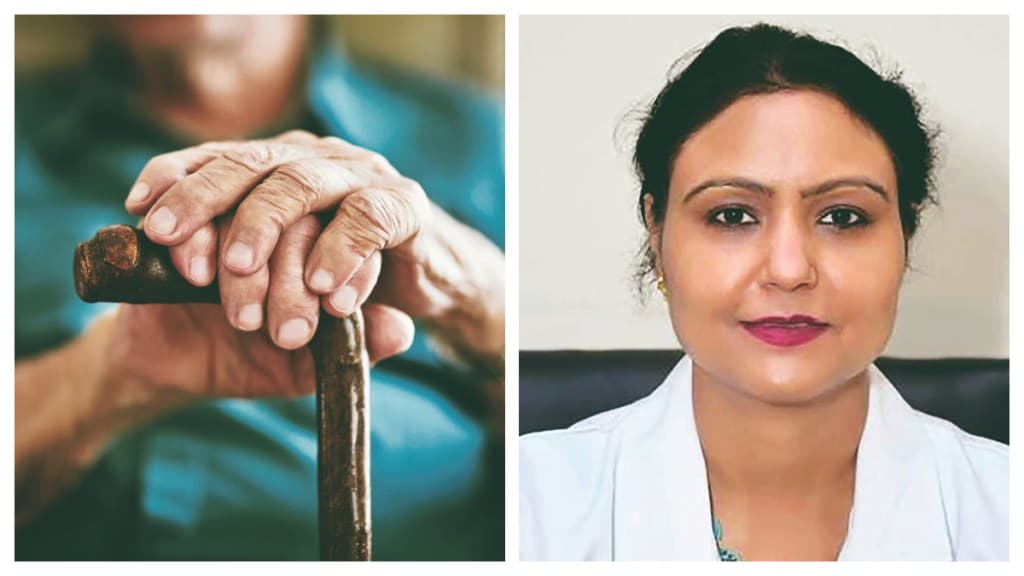There are several longevity experts on the internet advocating their regimes to live longer. Is longevity determined more by genetics or lifestyle? Dr Richa Chaturvedi, senior consultant, endocrinology, Indraprastha Apollo Hospitals, says: “Longevity is a fascinating mix of what we inherit from our parents and the choices we make every day. While our genes do set the stage—some people are simply born with a head start—most research agrees that how we live plays a bigger part in how long and how well we live. Things like what we eat, how active we are, how we handle stress, and whether we avoid harmful habits like smoking can make a huge difference, sometimes even outweighing family history. So, even if you don’t come from a long line of centenarians, there’s a lot you can do to stack the odds in your favour and enjoy a longer, healthier life.”
Besides the standard eat healthy, exercise, avoid alcohol and tobacco, what else are longevity factors?
Besides the usual advice to eat well, exercise, and steer clear of smoking and heavy drinking, there are other often overlooked ingredients for a long life. Staying socially connected—having friends, family, or a community—can be just as important as diet and exercise.
Learning new things and keeping your mind active also seem to help, as does having a sense of purpose or something to look forward to each day. Good sleep, managing stress, and even where you live (clean air, access to healthcare) all play roles. Recent studies also show that our daily habits can actually influence how our genes behave, which means now our choices matter more than ever.
How can one ensure metabolic and hormonal functions remain optimal?
Keeping your metabolism and hormones in balance is about more than just hitting the gym or eating your veggies. It’s a holistic effort: regular exercise (a mix of cardio and strength training), a balanced diet, and plenty of fibre and healthy fats all help.
Managing stress through mindfulness or relaxation techniques can keep your hormones in check, and getting enough good-quality sleep is crucial. Regular check-ups to monitor things like blood sugar, cholesterol, and thyroid function can catch issues early. For older adults, keeping
your muscles strong through resistance training and making sure you get enough vitamin D and calcium can help with hormonal changes that come with age. Small, consistent habits add up to make a big difference.
What are the tests to determine real age, and is it a valid concept?
When it comes to figuring out your “real age,” science is getting better at reading the body’s signals. Tests that look at things like DNA methylation (so-called epigenetic clocks), telomere length, and certain blood markers can give clues about how fast you’re ageing on the inside, which might be different from the number of candles on your birthday cake. While these tests are intriguing and can sometimes predict health risks, they’re not perfect and shouldn’t be the only thing you rely on. Your biological age is shaped by a mix of genetics, environment, and lifestyle, so it’s best to use these tests as one piece of the puzzle alongside regular health check-ups and good self-care.

